A money-counting machine is a device that automatically counts and sorts banknotes and coins. It is used in banks, casinos, and other financial institutions to accurately count large amounts of cash. A money-counting machine uses various technologies to detect and count different denominations of banknotes and coins. It typically has a feeder mechanism that allows users to insert stacks of bills or loose change, which are then separated and counted by the machine. Some money-counting machines can also sort the bills and coins into separate bins or bags based on their denomination.
Types of money-counting machine
1. Bill counter: The money-counting machine is designed to count paper bills accurately and quickly. It can handle a wide range of denominations, including US dollars, euros, and other major currencies. Bill counters are commonly used in banks, casinos, and other financial institutions. 2. Coin counters: As the name suggests, coin counters are designed to count coins of different sizes and denominations. They can handle a wide variety of coins, including pennies, nickels, dimes, quarters, and dollar coins. Coin counters are commonly used in vending machines, parking garages, and other businesses that handle a high volume of small change. 3. Mixed denomination money counter: The mixed denomination money counter is designed to count both paper bills and coins, making it ideal for businesses that handle a mix of cash transactions. Mixed denomination money counters can save time and increase efficiency by counting both bills and coins in a single pass. 4. Portable money-counting machine: A portable money-counting machine is compact and lightweight, making it easy to transport and use in different locations. It is ideal for businesses that need to count cash on the go, such as trade shows, flea markets, and street vendors.
Applications of money-counting machine
One of the primary applications of a money counter is in the banking industry. Banks and other financial institutions use the machine to count the large amounts of cash that they receive from customers during deposits or withdrawals. By using a money-counting machine, banks can reduce the time and labor required to count cash, therefore improving efficiency and reducing the risk of errors.
Retail businesses also rely on the mixed bill counter to manage their cash transactions. The machine can count a wide variety of banknotes and coins, making it easier for retailers to handle different currencies and denominations. By using a money-counting machine, retailers can save time, which allows them to focus on providing excellent customer service.
The hospitality industry also uses a mixed money counter to manage cash transactions. Hotels, restaurants, and other hospitality businesses often receive cash payments from guests, and a money-counting machine can help them process the payments quickly and accurately. It is especially important in busy hotels and restaurants, where staff may need to process multiple transactions simultaneously.

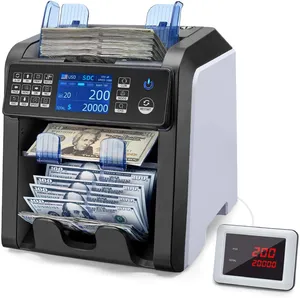


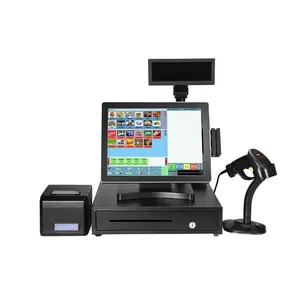












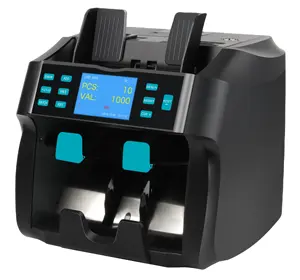

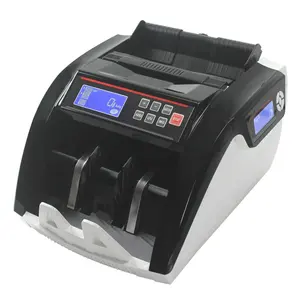




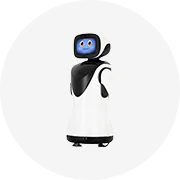


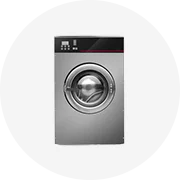












 浙公网安备 33010002000092号
浙公网安备 33010002000092号 浙B2-20120091-4
浙B2-20120091-4